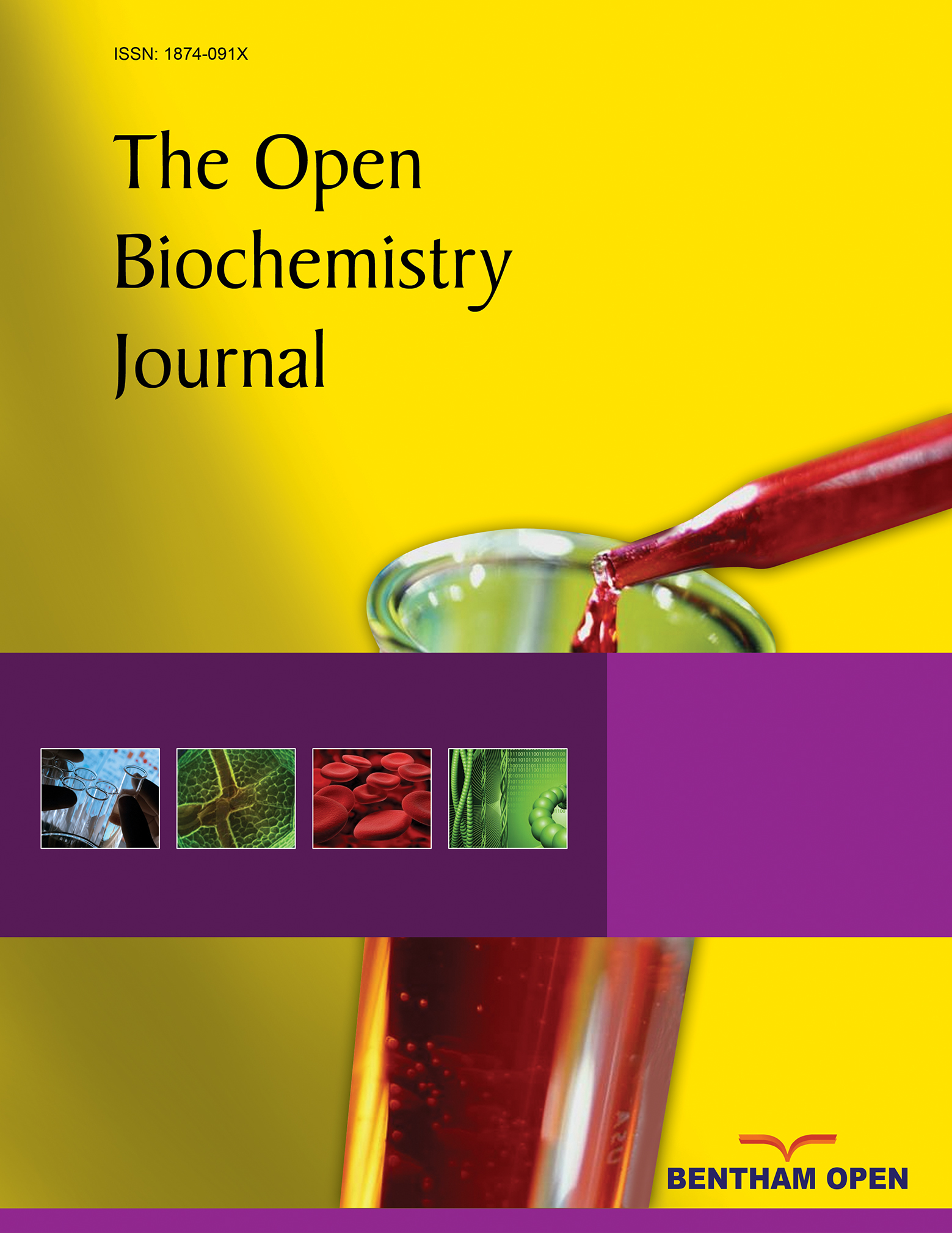Potential Therapeutic Effects of Vitamin E and C on Placental Oxidative Stress Induced by Nicotine: An In Vitro Evidence
Abstract
There have been a few studies that examined the oxidative stress effects of nicotine during pregnancy and lactation. The adverse effect of prenatal smoking exposure on human fetal development and growth has been a major public health issue. Active or passive smoking during pregnancy can result in a wide variety of adverse outcomes, including intrauterine growth retardation (IUGR), prematurity, stillbirth, and the sudden infant death syndrome. Smoking in pregnancy has also been associated with an increased risk of attention deficit and learning problems in childhood. Some studies argued that as a principal component of tobacco smoke, nicotine alone is responsible for the majority of negative reproductive outcomes. Nicotine and its major metabolite cotinine can cross the placental barrier. The level of nicotine in fetal tissues was found to be equal to or greater than the plasma nicotine level in the mothers. The oxidative stress induce by nicotine has been increasingly postulated as a major contributor to endothelial dysfunction. A large body of research has investigated the potential role of antioxidant nutrients in the prevention of endothelial dysfunction in women. Therefore, the present study was undertaken to assess the potential benefit of antioxidant supplementation on markers of placental oxidative stress in an in vitro model of endothelial dysfunction induced by nicotine, since it was previously found that nicotine is able to trigger the placental secretion of stress molecules. In this regard, we evaluated the effects of vitamin C, vitamin E and N-acetylcysteine (NAC), alone or in combination, in placental villi culture after exposure to nicotine. The effect of antioxidant nutrients on trophoblast cells proliferation and vitality was also evaluated. The results obtained suggest that in a patho-physiological condition, such as endothelial dysfunction induced by nicotine, the deleterious effect of reactive oxygen species may be counteracted by an antioxidant therapy, and there is the need to investigate the optimum dosing and timing of antioxidants administration, since an inappropriate antioxidant treatment in pregnant women may have deleterious consequences, reducing placental cells proliferation until to cell death.


